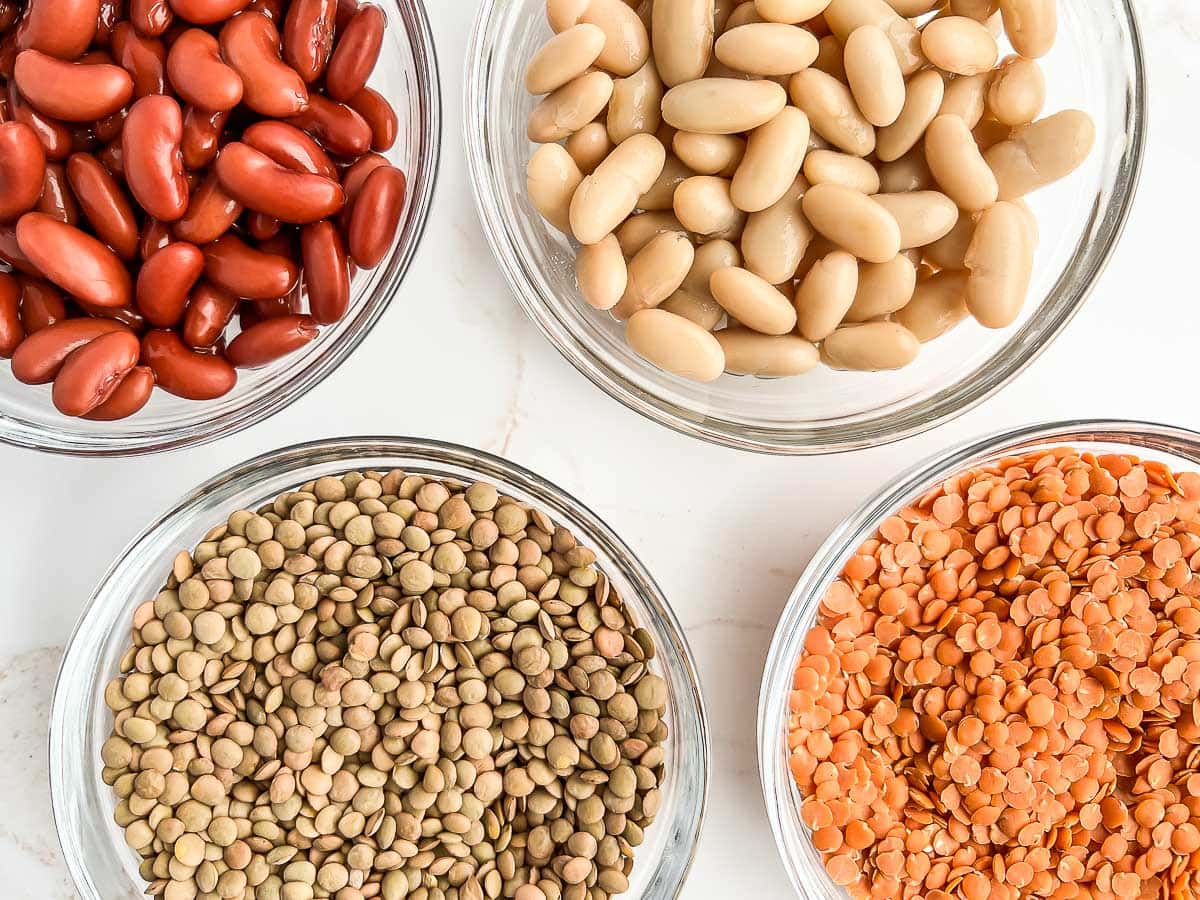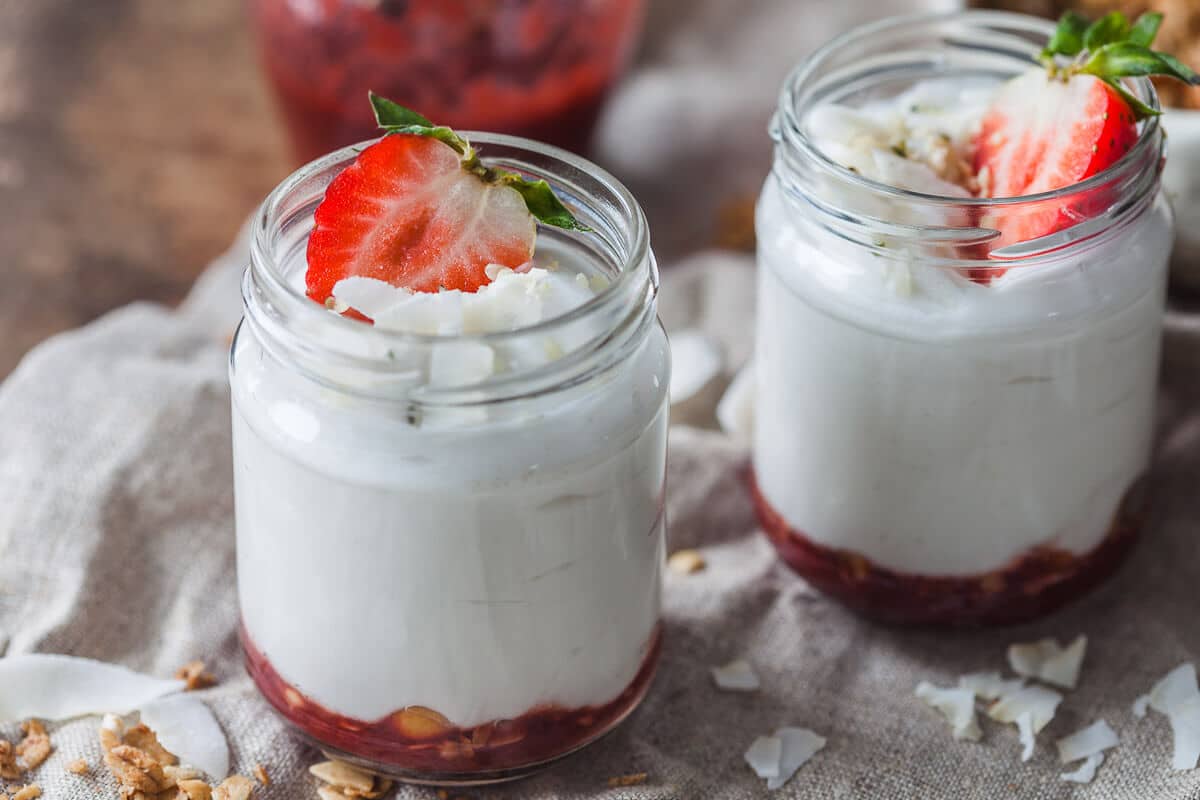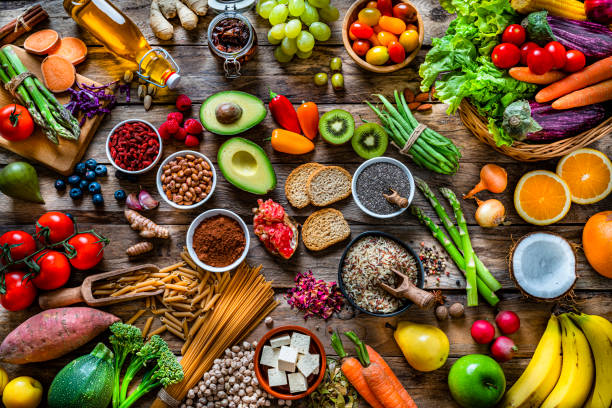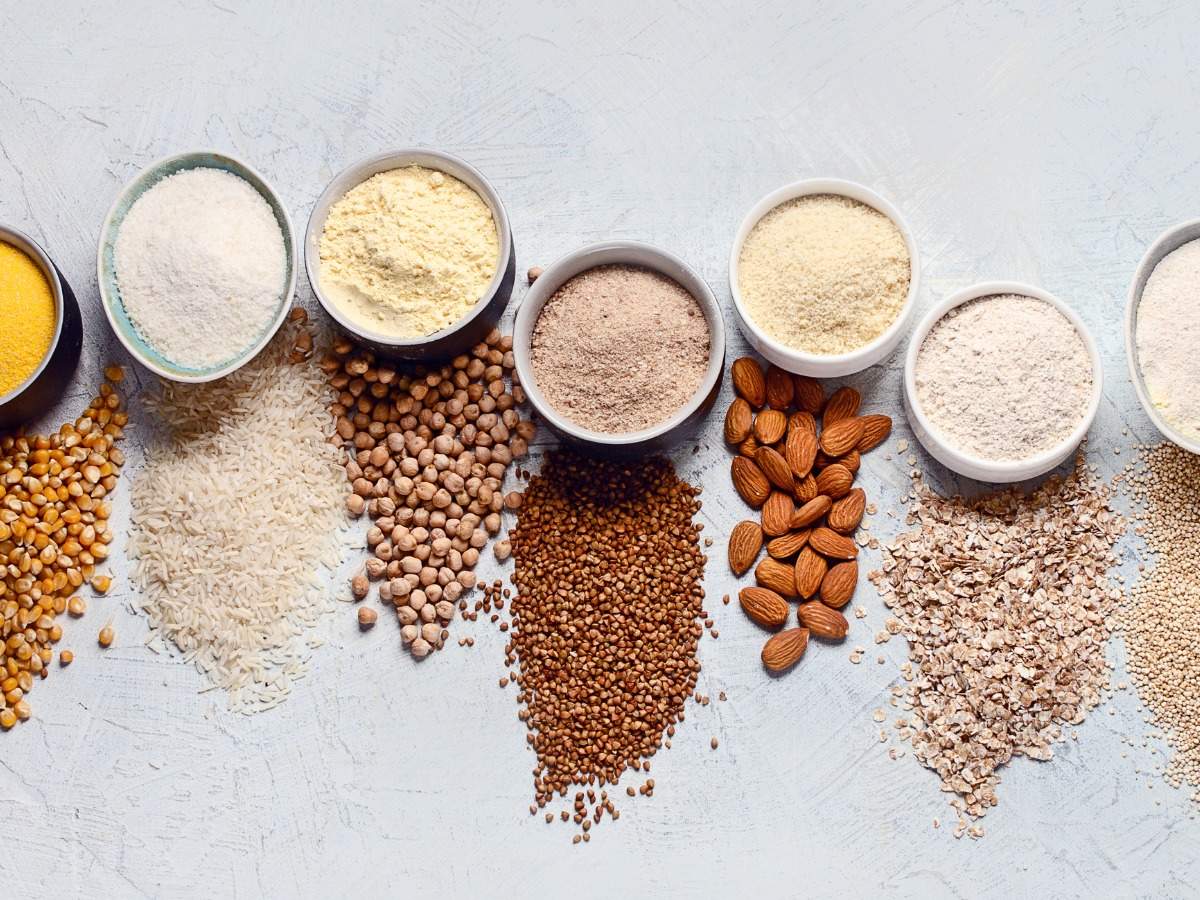
What is a Hormone Diet?
The Hormone Diet is a book and diet program by Dr. Natasha Turner, a naturopathic doctor. Its primary focus is on hormone fluctuations that may negatively affect a person’s weight. It also focuses on other factors that can contribute to weight gain and other chronic diseases.
The Hormone Diet is a 6-week, three-step process designed to promote hormonal balance and an overall healthier body through diet, exercise, nutritional supplements, and detoxification. The diet regulates what you eat and also tells you the right time to eat to ensure maximum benefit to your hormones. The importance of hormonal balance among all the hormones that influence weight. It also claims to be the first to explain the lifestyle habits that can help boost hormones to burn fat. These include:
- Sleeping
- Eating
- Managing stress
- Exercising
Hormones affect many of these factors, so your hormones can be a key player in weight management.
According to The Hormone Diet, there are ways you can reset these hormones through food to get them back to optimal levels and help your body respond to them effectively. A hormone is a regulatory compound produced in one organ that is transported in the blood to stimulate or inhibit specific cells in another part of the body. Hormones exert their effects on target issues on cell surface receptors to alter activity through intracellular signaling cascades on nuclear receptors to regulate gene transcription.
The Relationship Between Diet and Hormones
Diet is important when it comes to hormones because the energy and nutrients you obtain from food represent the raw materials needed to produce hormones and fuel your body.
Hormone changes influence all of us in every stage of life, and the effect is definitely variable between individuals. A huge number of clinical studies and hormonal research have now associated plant-based diet intake, especially polyphenols, with various beneficial health and biological activities. Functional foods and supplements have been found to reduce the risk of chronic diseases such as:
- Coronary heart diseases
- Stroke
- Type2diabetes
- Obesity
- Neurodegenerative diseases
- Cancers
The pleiotropic effects of these polyphenols were evident as to their role in redox modulation and inflammatory processes, molecular signaling, stem cell proliferation and differentiation, metabolism regulation, hormonal imbalance, and potential effects in cancer and neurodegenerative diseases, in addition to their known protective effects in lowering cardiovascular disease risk factors and blood pressure through their antioxidant properties. The mechanism of biological action of diet and its active natural components has been mainly attributed to their multiple actions affecting various cellular and hormonal pathways. It shows polyphenol-rich pomegranate, dark chocolate, and green coffee can inhibit 11b-HSD1 activity, improving mood and reducing stress by causing a reduction in blood pressure and the levels of the stress hormone cortisol.
A well-balanced diet has an enormous impact on many hormonal systems and aspects of our health, and a consensus about how and what to eat remains elusive. There are several factors related to diet that may cause hormonal imbalance and thus disease—for example, food allergies, overweight and obesity, inflammation caused by a poor diet and sedentary lifestyle, sleeping patterns, digestive issues, and others. Researchers are now suggesting that circulating substances derived from the diet may exert direct and indirect actions to activate receptors and signaling pathways, as well as provide fuel and micronutrients. Therefore, food may be considered a cocktail of "hormones."

Hormone Balancing Foods
Flax Seeds: Flax seeds are nutrient- and fiber-rich seeds with added hormone-balancing benefits, thanks to special little compounds called “lignans” (and lignin’s). Lignans are also found in other fiber-rich foods, such as other oil seeds, whole grains, legumes, and some vegetables, but flax seeds are best known for these compounds.
Fiber: Dietary fiber is known for promoting healthy cholesterol levels, supporting cardiovascular health, and reducing the risk of colon cancer. It also plays an important role in hormone health.
Almonds: They act as a helping hand in the regulation of blood sugar levels. In the long term, it can reduce the risk of developing type II diabetes. They also help reduce bad cholesterol in the body. You do, however, need to enjoy almonds in moderation because they’re high in calories.
Broccoli: It has a significant impact on our hormone balance. This is due to its effect on how the body breaks down estrogen. Another important element of broccoli is sulforaphane. Sulforaphane is being widely studied for its efficacy in treating cancer and other illnesses. It also helps with fatty liver disease and increases liver detoxification pathways, which are critical to metabolizing estrogen. Broccoli also provides potassium, calcium, and magnesium. These are some important minerals that improve muscle functionality and strengthen bones.
Green Tea: Green tea accommodates theanine, a compound that reduces the release of cortisol, which is a stress hormone. It also has antioxidants that reduce inflammation and lower the risk of disease.
Plant Proteins: Since animal foods (particularly red meat) tend to be more inflammatory, one of the quickest ways to start supporting your hormones is to eat more plant proteins.
Here are a few to choose from:
- Chickpeas
- Lentils
- Red beans
- Black beans
- Pinto beans
- Cannellini beans
- Lima beans
- Quinoa
- Broccoli
- Peas

Probiotic-Rich Foods: Fermented foods contain probiotics, which increase the number of friendly bacteria in your gut.
Some probiotic-rich foods are:
- Coconut yogurt
- Sauerkraut and other fermented veggies
- Organic (cow’s milk) yogurt

Gluten-Free Grains: Some gluten-free grains to include in your diet are:
- Rolled oats
- Brown rice
- White rice
- Quinoa
- Spelt
- Amaranth
- Buckwheat
- Millet
- Teff
- Sorghum
Adopting a hormone-balancing diet can not only improve your weight management but also support overall health and reduce the risk of chronic diseases.
Whole Fruits And Veggies Veggies that can be especially helpful for hormones are cruciferous. These veggies contain sulfur, which the body uses to make glutathione, an important detoxifier that binds to toxins and escorts them out of the body.
There’s no shortage of fruits and veggies to choose from so the list below highlights just a few:
- Berries (strawberries, blueberries, blackberries, raspberries)
- Sweet cherries
- Avocado
- Watermelon
- Bananas
- Oranges
- Apples
- Pears
- Kiwi
- Cruciferous vegetables (cabbage, cauliflower, broccoli, kale and so on)
- Cucumbers

Fatty Fish: Fatty fish contain omega-3 fatty acids which the body needs to make hormones and fight inflammation.
When choosing your fish, stay away from farmed fish. It contains a whole lot of chemicals that your body simply doesn’t need.
- Salmon
- Sardines
- Mackerel
- Sea bass
- Trout

Organic Meat: The most important thing when choosing any meat is that it should be organic, antibiotic-free, and hormone-free varieties.
You can choose from:
- Grass-fed beef
- Chicken
- Turkey
- Lamb

Plant-Based Milk: Plant-based milk is a healthier, anti-inflammatory source of proteins compared to cow milk. So, it’s a good idea to choose from one or more of these milks to support your body:
- Almond milk
- Oat milk
- Cashew milk
- Macadamia nut milk
- Rice milk
- Pea milk

Raw Fruits and Nuts: Raw nuts and seeds are excellent sources of proteins and healthy fats (which are needed to make hormones as well as to support the gut and liver).
The main ones to add to your diet include:
- Almonds
- Walnuts
- Macadamias
- Cashews
- Peanuts
- Chia seeds
- Flax seeds
- Sesame seeds
- Pumpkin seeds
- Sunflower seeds
Natural And Unrefined Sweeteners: Refined sugar is one of the most pro-inflammatory, hormone-disruptive foods in our food supply.
So, for hormone health, use only natural and unprocessed sweeteners like:
- Raw honey
- Pure maple syrup
- Molasses
- Unrefined green stevia leaves or powder (NOT stevia drops or other types of refined white stevia)

Omega 3 Fats: Omega-3 fatty acids are highly linked to the hormone balance diet plan. This fatty acid not only helps reduce inflammation but also supports hormonal health.
Herbal Infusions
Your liver is in charge of hormone metabolism and detoxification. You can support liver detoxification by drinking herbal tea infusions like dandelion root tea, licorice, and fresh ginger, which are caffeine-free.
Conclusion
In conclusion, adopting a hormone-balancing diet can have a significant impact on your overall health and well-being. By incorporating foods that promote hormonal balance, such as flax seeds, fiber-rich foods, almonds, broccoli, green tea, plant proteins, probiotic-rich foods, gluten-free grains, whole fruits and veggies, fatty fish, organic meats, plant-based milk, raw nuts and seeds, and natural sweeteners, you can support your body's hormonal function and reduce the risk of hormone-related imbalances and chronic diseases. Remember to consult with a healthcare professional or registered dietitian for personalized guidance on implementing a hormone-balancing diet that suits your specific needs and goals.
Frequently Asked Questions (FAQs)
1. What is the Hormone Diet?
Ans: The Hormone Diet is a 6-week program designed to promote hormonal balance and overall health through diet, exercise, supplements, and detoxification.
2. How does diet affect hormones?
Ans: Diet plays a crucial role in hormone production and balance as the nutrients and energy obtained from food serve as raw materials for hormone production.
3. What are some hormone-balancing foods?
Ans: Flax seeds, fiber-rich foods, almonds, broccoli, green tea, plant proteins, probiotic-rich foods, gluten-free grains, whole fruits and veggies, fatty fish, organic meat, plant-based milk, raw nuts and seeds, and natural sweeteners can help balance hormones.
4. How can hormonal imbalances be corrected through diet?
Ans: By consuming hormone-balancing foods, managing stress, getting enough sleep, exercising, and following a well-balanced diet, you can support hormonal health and restore balance.
5. Are there specific foods that can help with weight management and hormonal balance?
Ans: Yes, foods like flax seeds, fiber-rich foods, almonds, green tea, plant proteins, and fatty fish can aid in weight management and hormonal balance.



.png)


